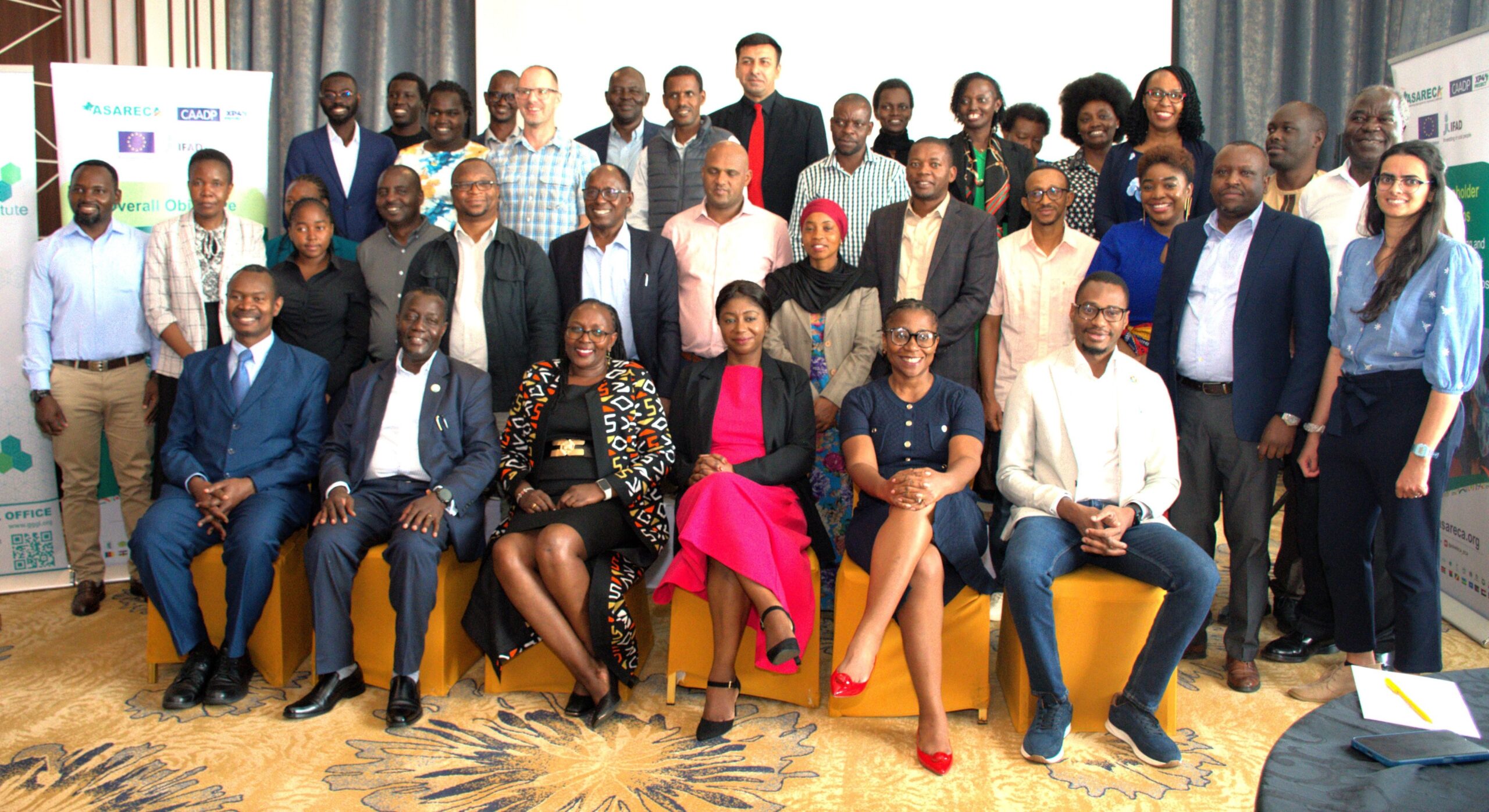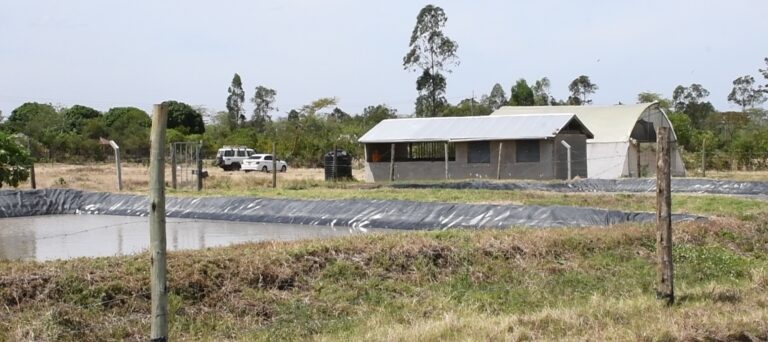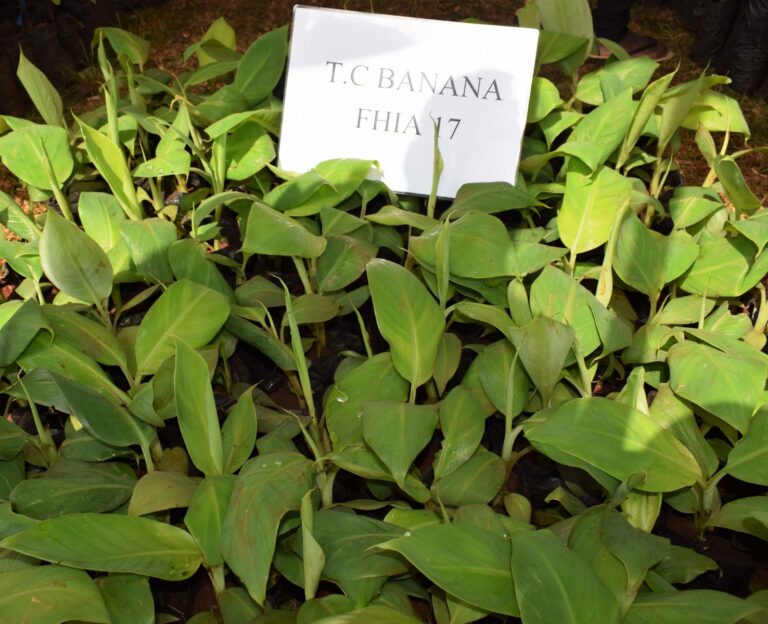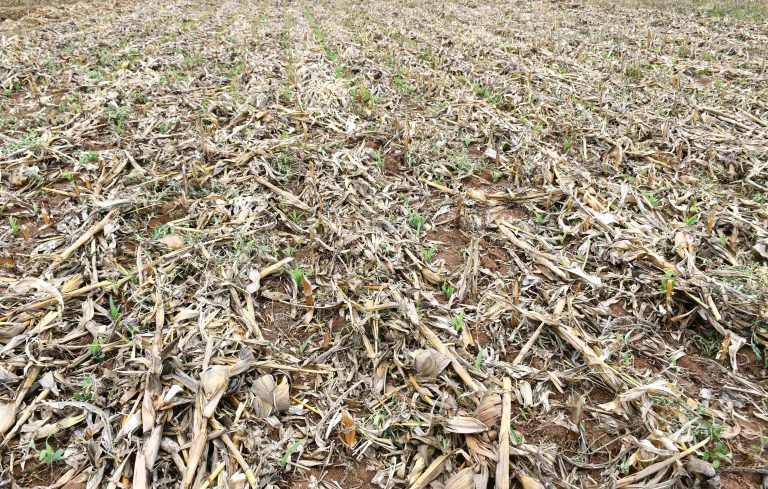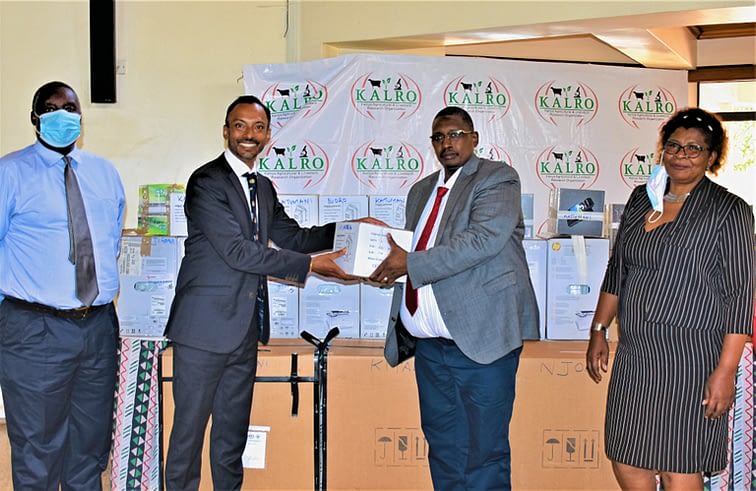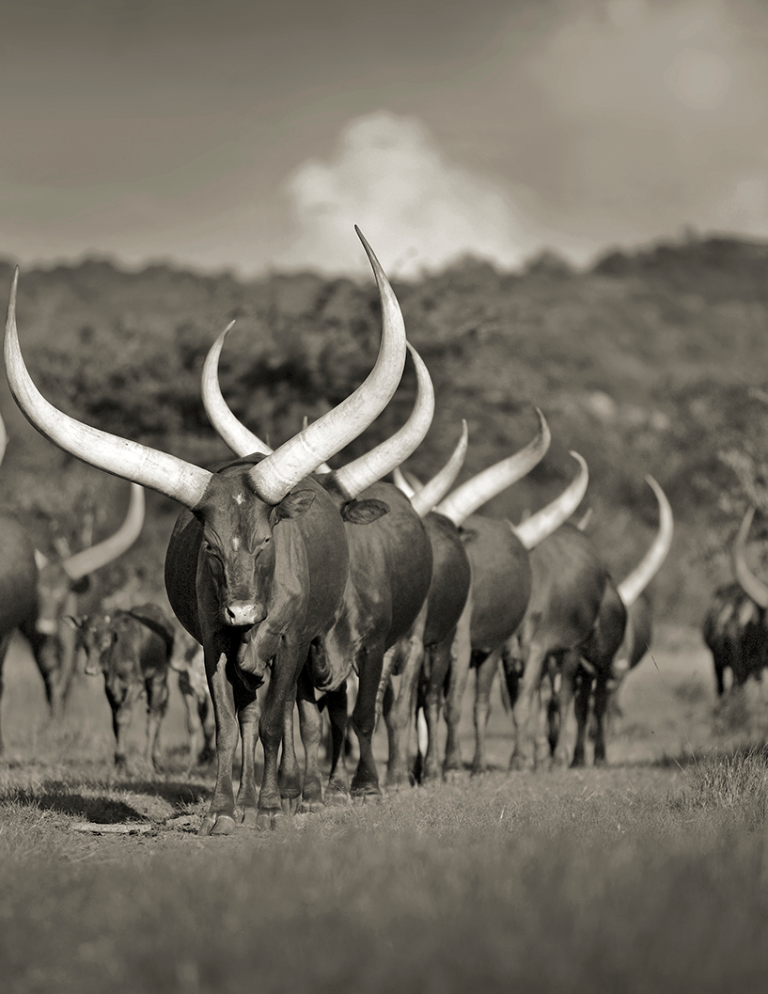By Kimuri Mwangi
Agricultural researchers, policymakers, and climate experts from across Africa gathered in Nairobi from October 2, 2025, for training on the CGIAR Africa Agricultural Adaptation (AAA) Atlas, a digital foresight platform designed to strengthen climate adaptation and transform food systems through data-driven decision-making.
The workshop was organized by the Association for Strengthening Agricultural Research in Eastern and Central Africa (ASARECA. It was supported by the Global Green Growth Institute (GGGI), the CGIAR Policy Innovation Program, the Alliance of Bioversity and CIAT, and the International Food Policy Research Institute (IFPRI). The initiative forms part of efforts to build technical and institutional capacity for using climate foresight tools among National Agricultural Research and Extension Systems (NARES) across ASARECA’s 15 member states.
The AAA Atlas, developed by CGIAR with support from the Bill & Melinda Gates Foundation, is an open-access, digital decision-support tool that consolidates climate, environmental, and agricultural data to guide policymakers and researchers in developing climate-resilient strategies. It integrates major datasets such as CMIP6/CHIRPS and AgMIP ensemble projections to assess climate risks, identify adaptation options, evaluate women’s exposure to climate hazards, and estimate economic returns on adaptation investments.
Officially opening the training on behalf of the Director General, Dr. Alice Murage, Deputy Director-General of Crops at the Kenya Agricultural & Livestock Research Organization (KALRO), described the Atlas as a transformative instrument that can speed up policy formulation and enhance resilience in agriculture.
“This is something we can leverage on, especially since it can help us develop policies quickly,” Dr. Murage said. “The AAA Atlas represents a real shift in how we plan, prioritize, and invest in climate adaptation. It brings data and foresight into the hands of policymakers, researchers, extension officers, and the private sector, helping us design solutions that are scientifically sound, socially inclusive, and locally relevant.”
She emphasized that the benefits must ultimately reach the smallholder farmers who are the backbone of Africa’s food systems.
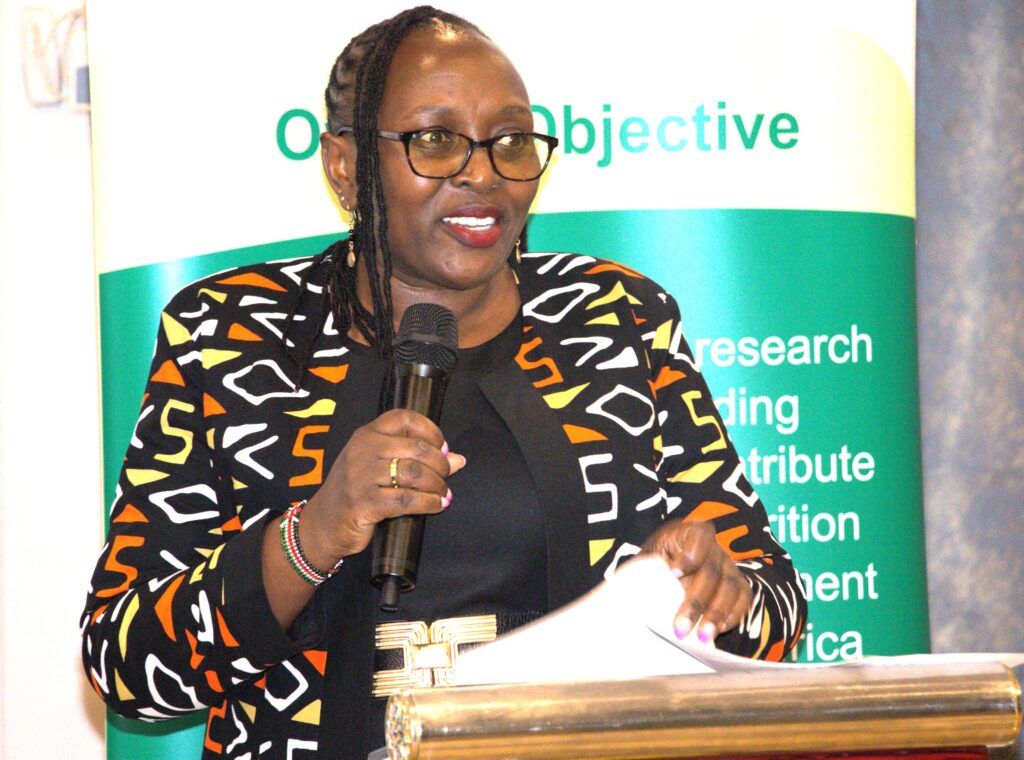
“For the common farmer, these tools mean better access to accurate climate advisories, improved guidance on when and what to plant, identification of suitable crops for specific conditions, and more targeted investments by government and partners. All this translates to more resilient harvests, higher incomes, and improved livelihoods,” she said.
Dr. Murage also called for accountability and practical application of the training: “The value of this training will be measured by how effectively you apply these tools in your institutions, how they shape the policies, strategies, and programmes in your countries, and whether their use leads to tangible improvement for farmers on the ground.”
ASARECA Executive Director, Dr. Sylvester Dickson Baguma, underlined the importance of using evidence-based approaches to inform agricultural policy and investment planning. He said the AAA Atlas would enable researchers and planners to develop proposals anchored on credible, context-specific data.
“ASARECA recognises the importance of evidence-based policy planning and helping decision-makers with data,” Dr. Baguma stated. “With funding from the European Union through the CAADP-XP4 programme, managed by IFAD, we organized this high-level training for selected members from East and Central Africa to ensure they can go back and use this knowledge within their institutions.”
He explained that the Atlas is a tool that helps users dig deeper into climate and natural resource-related information to strengthen proposal development and attract investment.
“Whatever research we do must start with the right data,” Dr. Baguma said. “When we have accurate, verified data from the Atlas, we can develop strong project proposals that donors will find credible. This helps us mobilize resources for climate-smart technologies and practices that will ultimately reach farmers.”
Dr. Baguma stressed that while the Atlas is primarily a tool for researchers, its benefits will cascade to farmers through better-targeted projects, technologies, and interventions.
“We do not expect farmers to use this tool directly,” he said. “Its value lies in how institutions apply it to design better programmes and policies that respond to farmers’ real challenges, from drought and soil degradation to pest control and sustainable productivity. The end result is improved resilience and productivity at the farm level.”
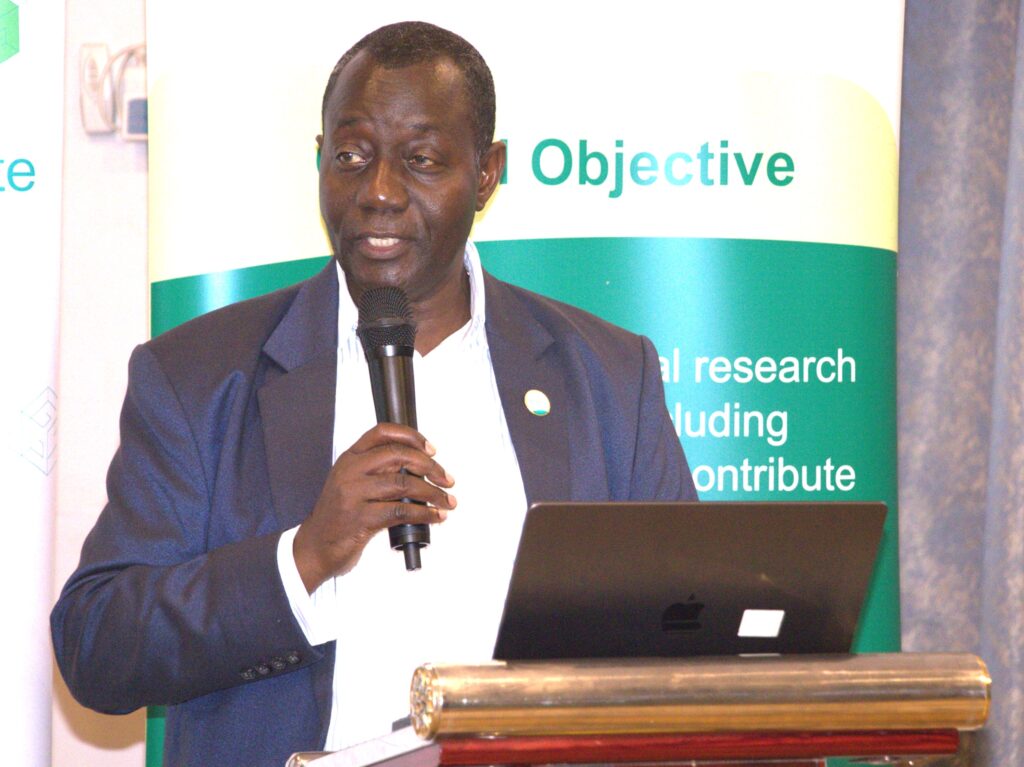
He further noted that ASARECA is expanding its use of artificial intelligence-driven tools to support agricultural planning, advisory services, and technology transfer across its member states. “We want to make it easier for our researchers to access information and design better projects that can be scaled up regionally,” he added.
Representing GGGI, Ms. Sidonie Kouam Paques, Climate Finance Investment Lead, explained that the Atlas was developed to address long-standing data accessibility barriers that have slowed climate finance readiness in Africa.
“Access to climate finance requires evidence-based project designs,” she said. “The Atlas helps institutions build the climate rationale needed for proposals to the Green Climate Fund and other mechanisms. It makes data open, easy to access, and affordable for anyone working to develop climate adaptation projects.”
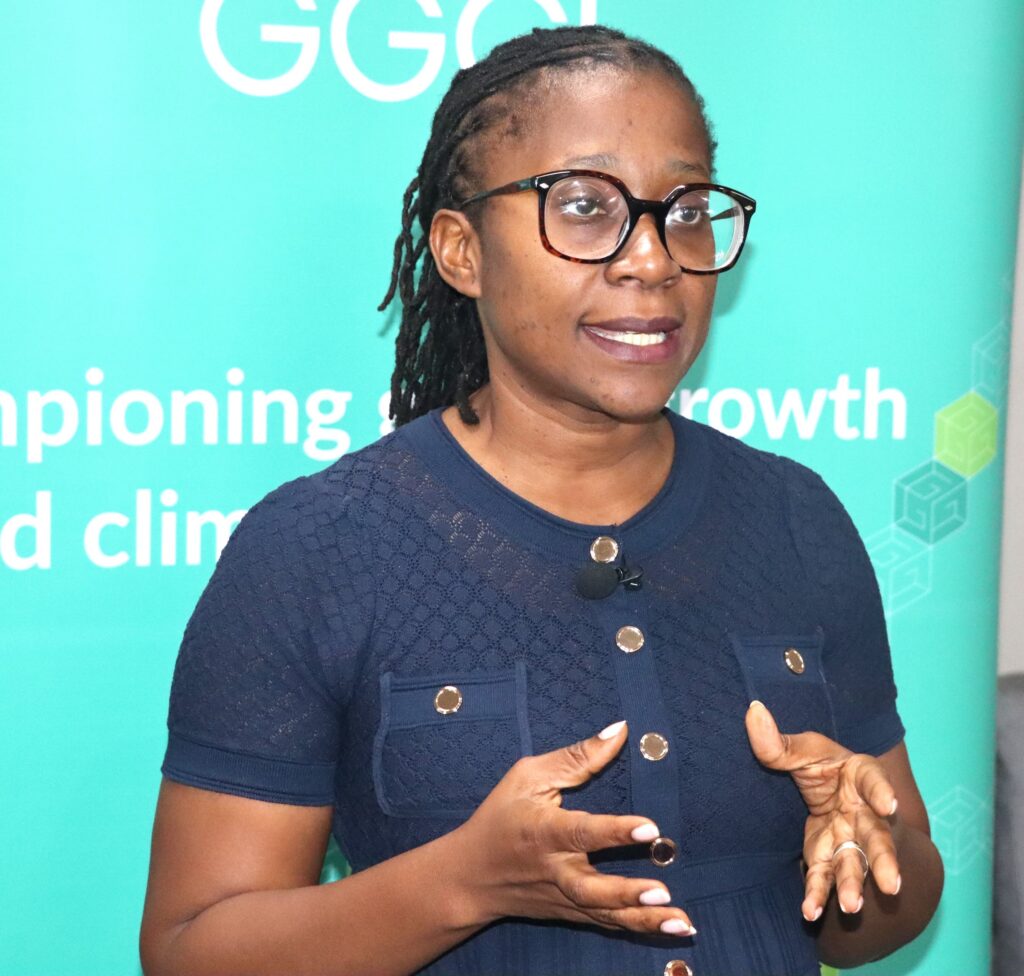
She noted that GGGI’s partnership with ASARECA and CORAF, supported by the Gates Foundation, aims to help African agricultural institutions strengthen their project pipelines and unlock financing for climate-resilient initiatives.
Ms. NagnoumaKone, GGGI’s Africa Manager for Strategy and Partnerships and Head of the Kenya Programme, commended the collaboration as a model for advancing digital transformation in Africa’s agriculture.
“When countries and regions have robust data systems, skilled institutions, and practical tools like the AAA Atlas, they can better access international adaptation finance and strengthen institutional reforms,” Ms. Kone said. “There is no longer innovation without technology. The Atlas allows Africa to leapfrog into a digital, data-driven future for climate-smart agriculture.”
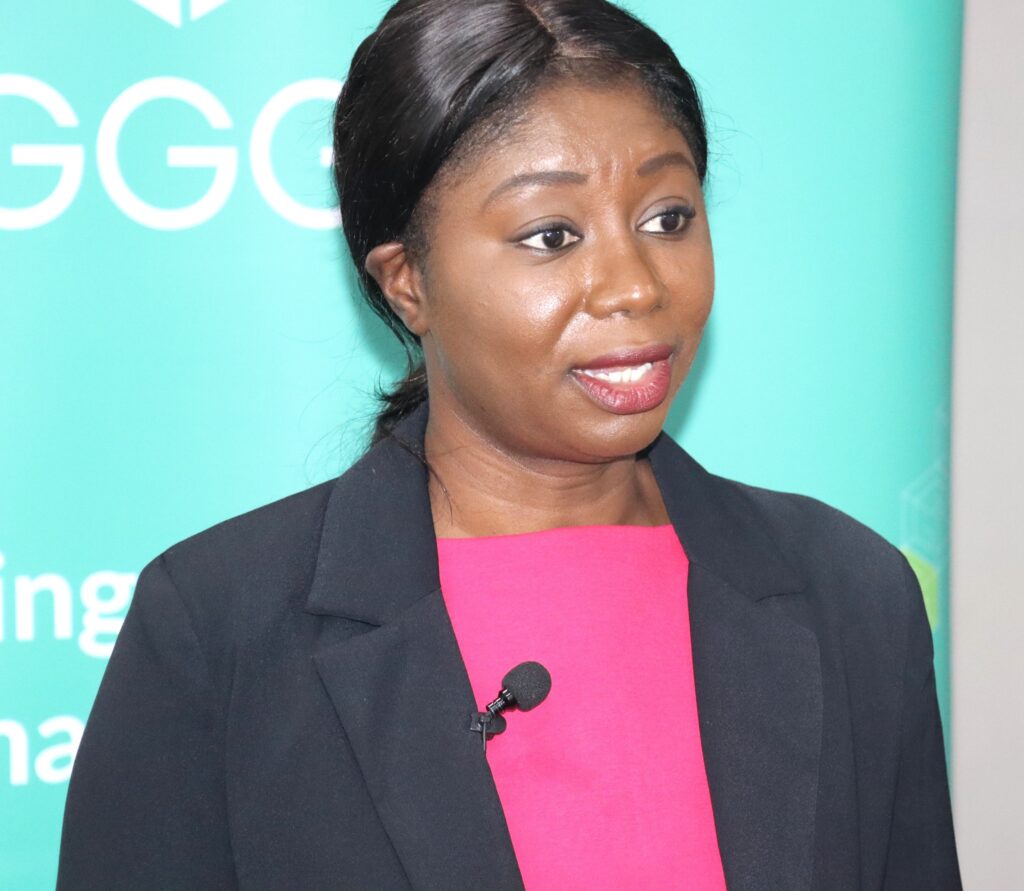
She reiterated GGGI’s commitment to supporting governments and institutions to transition toward low-carbon, climate-resilient economies through partnerships that link data, foresight, and action.
Participants at the training engaged in guided demonstrations and practical exercises on how to use the AAA Atlas to evaluate climate risks, develop climate rationales, discover adaptation solutions, and generate reports to inform planning and policy.


